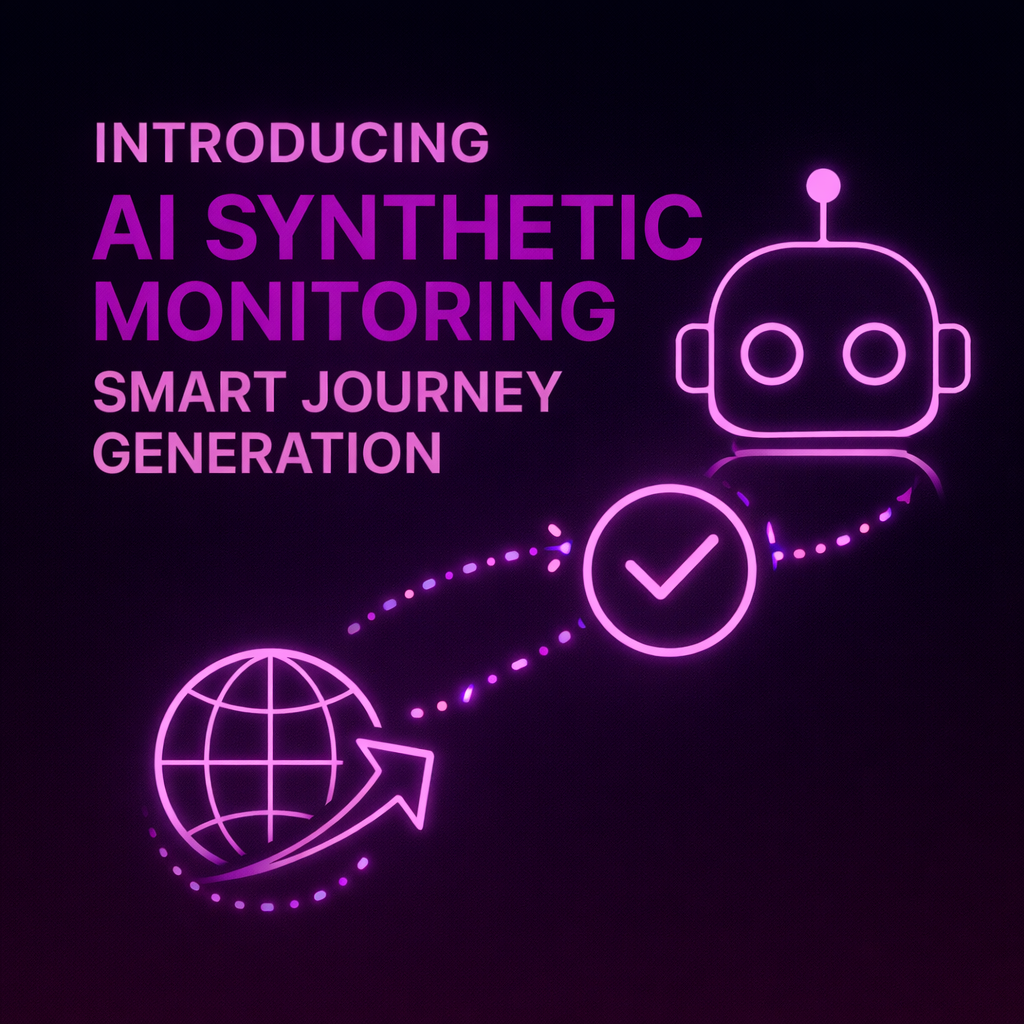Supercharge Your Laravel App in 2025: 7 Modern Practices You Should Be Using

Introduction
Laravel continues to dominate the PHP ecosystem in 2025, but the tools and practices around it are rapidly evolving. Whether you're maintaining a legacy app or starting fresh, staying current is crucial. In this post, we’ll explore 7 modern Laravel development practices that can drastically improve performance, security, and developer productivity.
🚀 1. Embrace Laravel 11’s Slimmed Structure
Laravel 11 introduced a cleaner application skeleton. Use this opportunity to rethink your file organization, leverage the new streamlined bootstrap/app.php, and adopt route groups for clearer routing.
🧠 2. Use AI-Assisted Code Generation (with caution)
Tools like GitHub Copilot and Laracode AI can dramatically speed up development. They’re great for boilerplate code, but always review AI-generated logic, especially for auth and database access.
🔐 3. Default to Secure by Design
Use Laravel’s new built-in features like auto-encryption of environment secrets and rate limiting middleware for better security posture out of the box.
📦 4. Go Modular with Laravel Packages
Split large apps into modular packages using Laravel Package Boilerplate or Modules by Nwidart. It’s great for separation of concerns, testability, and reusability across projects.
🦺 5. Shift from PHPUnit to Pest
Laravel 11 is Pest-first. Its clean syntax and expressive structure make it perfect for testing in 2025. Start converting your tests, especially if you’re onboarding new developers.
📈 6. Implement Real-Time Monitoring with Laravel Telescope + Beyond
Laravel Telescope is still fantastic, but consider combining it with services like Sentry, Acumen Logs, or New Relic for real-time error tracking and performance insights.
🧪 7. Feature Flags for Safe Deployments
Use Laravel Pennant (or an alternative like Unleash) for A/B testing, gradual rollouts, and toggling features without redeploys. Feature flags are no longer optional—they’re best practice.
Final Thoughts
Laravel’s power lies not just in the framework, but in how developers adapt to the ecosystem's evolution. By adopting modern tools and practices, you're not just building apps—you’re building scalable, future-proof platforms.









